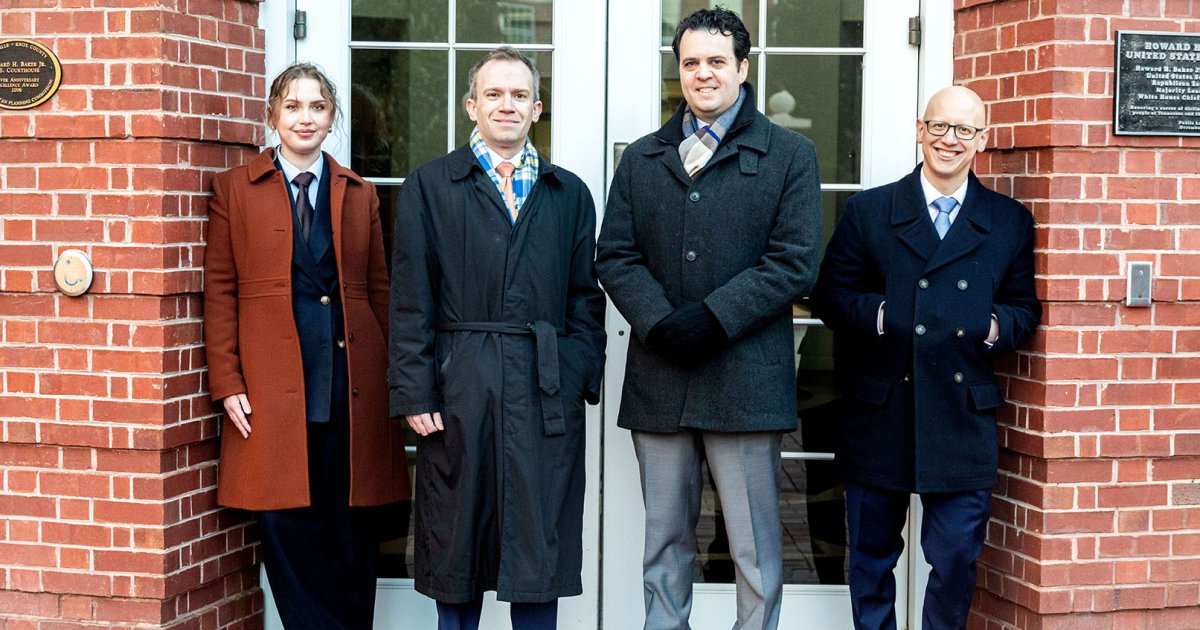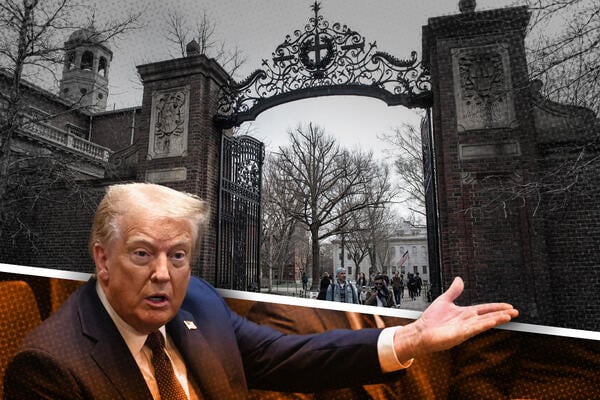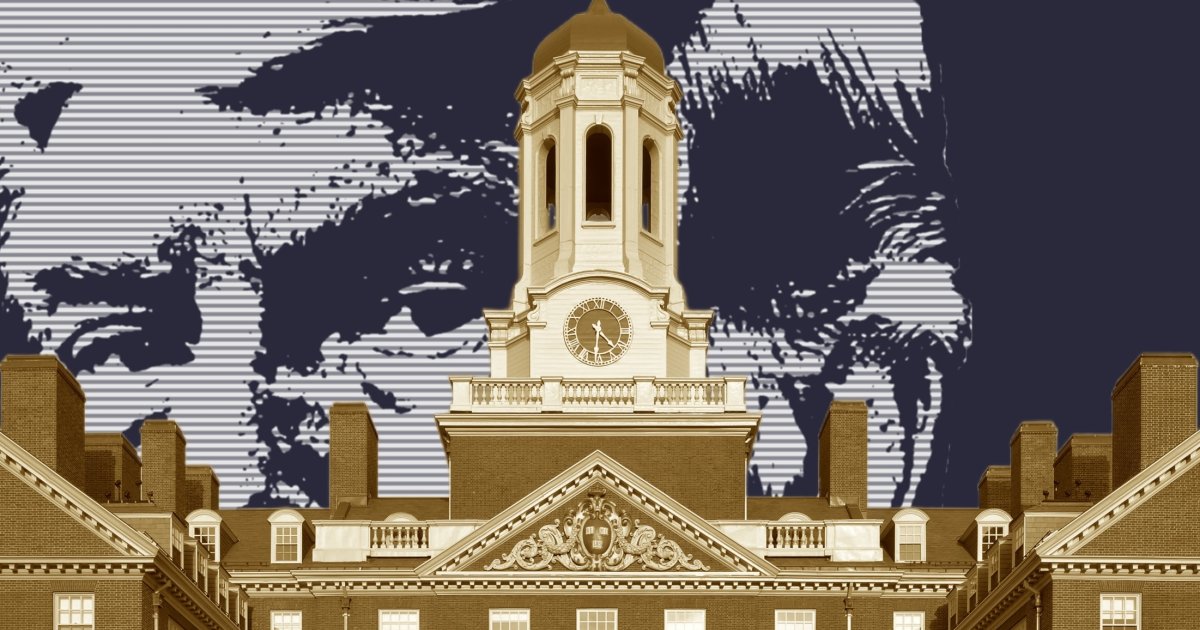A federal district court in Massachusetts found yesterday that the government violated Harvard University’s First Amendment rights, as well as Title VI of the Civil Rights Act of 1964, when it stripped the university of billions in federal funding last April. At the time, the Trump administration’s explanations for the cuts strongly suggested its actions were based on hostility towards Harvard’s political viewpoint, though the government eventually shifted to an argument that they were an effort to fight campus anti-Semitism.
Much of the opinion covers a dispute about what court has jurisdiction to hear the case. But when it comes to the First Amendment and Title VI, the court’s reasoning echoes what FIRE has said publicly and in our own amicus brief in the Harvard case: Pursuing the worthy end of fighting anti-Semitic and other unlawful discrimination on campus does not justify flatly unlawful and unconstitutional methods.
Here are FIRE’s three quick takeaways about this decision and what it means for campus rights.
Government cannot force private institutions like Harvard to punish speech protected by the First Amendment
Like many universities, Harvard receives hundreds of millions of dollars every year in research grants and student aid. That money comes with both formal legal requirements and less-formal leverage over how the university operates.
In a letter it sent to Harvard in April, the federal government tried to use this leverage to make sweeping demands of Harvard if it wished to continue receiving federal funds, including prohibiting the admission of international students deemed “hostile” to “American values,” political litmus tests in the name of viewpoint diversity, and even the derecognition of pro-Palestinian student groups.
As our nation’s oldest and wealthiest university, if Harvard was unwilling to defend its rights in court, it was unlikely that any other institution would have the fortitude to do so.
But as FIRE’s amicus brief pointed out, “the government cannot strongarm private actors into punishing speech that the First Amendment protects from state intrusion,” noting that the Supreme Court reaffirmed this principle just last year in National Rifle Association v. Vullo, . In Vullo, the NRA accused New York state financial services chief Maria Vullo of using state power to coerce companies not to do business with the NRA because of the state’s opposition to the organization’s pro-gun viewpoint.
The district court read the law the same straightforward way. Comparing the government’s actions at each step to the actions at issue in Vullo, the court found:
Defendants (like Maria Vullo) urged and threatened Harvard (in the position of the insurer) to hire faculty and make curricula and research choices that better aligned with the government’s preferred viewpoints, to the detriment of professors and researchers with competing views (like the NRA). Pursuant to Vullo, using this type of coercion to suppress speech, third-party or otherwise, is not permissible.
Whether it’s a state or federal official doesn’t matter: They may not use their power to coerce private actors to unconstitutionally do the government’s bidding.
Feds must follow Title VI if it wants to strip funding for Title VI violations
FIRE has also expressed alarm about the government’s failure to follow the procedures Congress prescribed when stripping funding from Harvard (and other universities) in the name of fighting race, color, and national origin discrimination (including anti-Semitic discrimination) under Title VI of the Civil Rights Act of 1964.
Being stripped of federal funding under civil rights law has long been seen as a nuclear option. The loss would likely shut down all but the richest colleges and universities by barring them not just from federal research grants but also from federal student aid, such as Pell grants and federally subsidized loans. That’s why Title VI requires the government to give institutions like Harvard “notice, a hearing, and an opportunity to come into compliance voluntarily before the government can terminate funding,” as we wrote in our amicus brief. Yet the government skipped the process and failed to do so.
Again, predictably, this failure did not escape the court. It outlined the same procedures to which FIRE pointed in its brief, noting that it was “undisputed” that the government did not comply with them before freezing and terminating funding. Rejecting the government’s arguments that it could “combat anti-Semitism” at Harvard by terminating funding under different provisions, the court found that “Congress has…passed a law that explicitly provides for when and how an agency can terminate federal funding to address this type of discrimination—and that law is Title VI, which dictates that ‘no such action shall be taken until the department or agency’ has gone through the appropriate procedures.”
Harvard’s free speech record is terrible, but be thankful one university found its spine
FIRE has always been a critic of Harvard’s handling of student and faculty free speech issues. When I say always, I mean that literally. As we told the court, Harvard’s repeated failure to honor student and faculty rights over decades was a major contributor to Boston civil liberties lawyer (and Harvard Law alumnus) Harvey Silverglate’s decision to co-found FIRE in 1999. But none of Harvard’s problems excuse the government’s decision to make these unlawful, unconstitutional demands.
FAQ: Responding to common questions about the fight between Harvard and the Trump administration
Harvard vs. Trump isn’t just a headline, but a battle to decide whether the government can use funding to force ideological conformity. In this explainer, FIRE makes clear why not.
Read More
Harvard should be commended for standing up for its legal rights rather than settling under this intense government pressure. As our nation’s oldest and wealthiest university, if Harvard was unwilling to defend its rights in court, it was unlikely that any other institution would have the fortitude to do so.
The decision should also serve as a needed wake-up call for government agencies charged with enforcing our civil rights laws. As we wrote with regard to Columbia University, which recently settled with the government under similar circumstances, there’s plenty of reason to have legitimate concerns about Title VI violations on college campuses. But Title VI requires that the federal government follow the appropriate procedures for a reason. When followed in good faith, the process increases the chance of just outcomes for colleges, students, and faculty while combatting unlawful discrimination. Federal agencies must follow our Constitution and laws while they do their important work.
It’s really that simple.










